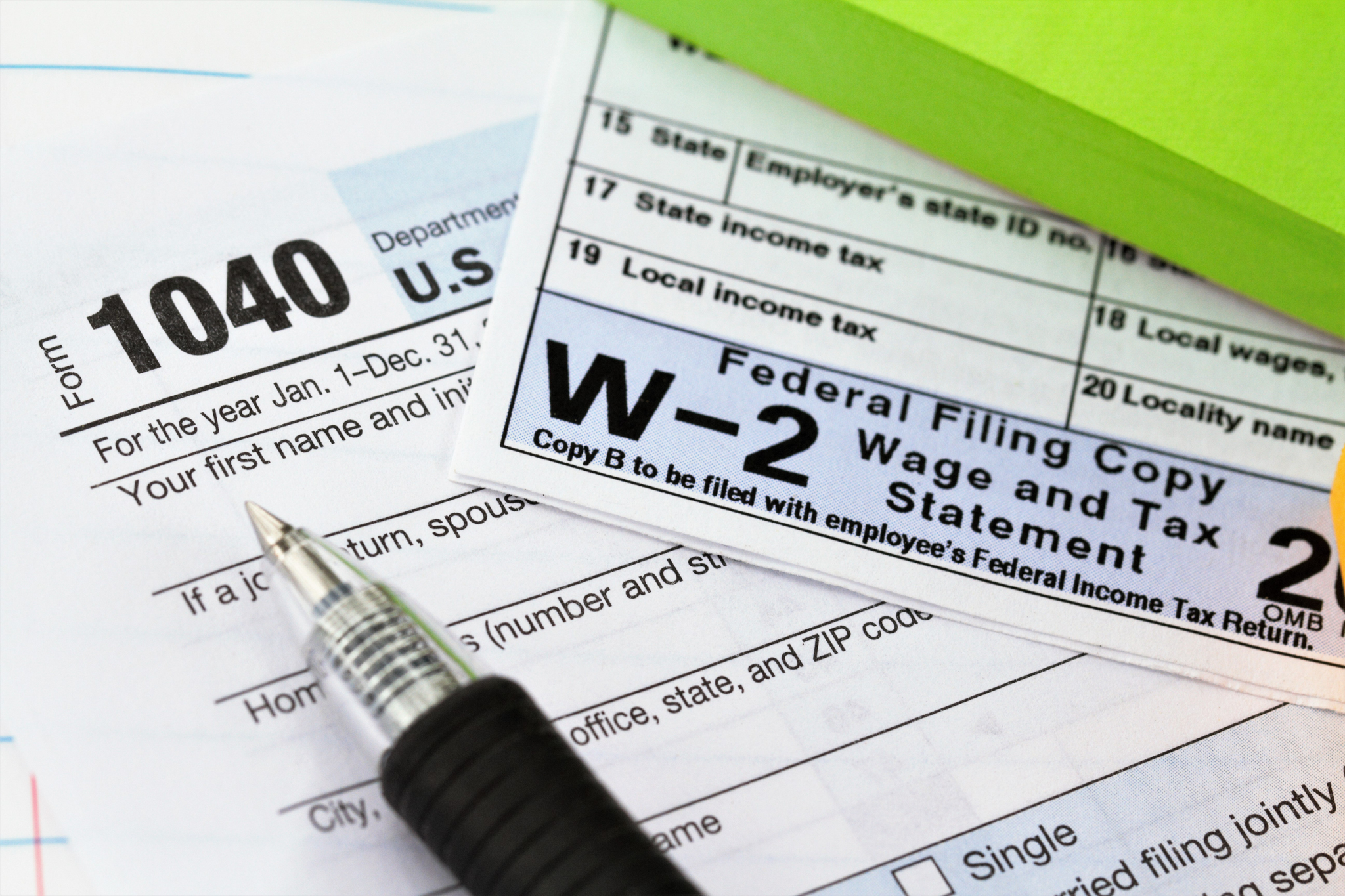
A new study by Sacramento State professors shows that many consumers don't know basic information about income taxes. (File image)
By Cynthia Hubert
Consumers are surprisingly uninformed about basic tax laws, a deficit that could spur them to make poor choices about accepting raises, donating to charities, and other everyday decisions, Sacramento State researchers have discovered.
As Americans rush to meet the extended 2020 deadline on Wednesday, July 15, for filing their annual tax returns, a study by professors in Sac State’s College of Business Administration demonstrates “substantial gaps in knowledge” about tax liability, tax brackets, charitable contributions and other basic concepts.
Leading the study were Elizabeth Lyon, an assistant professor of Accounting and specialist in taxation, and Jesse Catlin, an associate professor of Marketing and expert in consumer behavior. Results recently were published in the Journal of Consumer Policy.
“It’s important to understand basic tax concepts,” Lyon said. “You don’t have to be a tax professional, but you should know enough to be able to make the right financial decisions.”
Lyon and Catlin surveyed 1,131 adults in December 2017 who were members of a credit union that serves the Sacramento region. They asked them eight questions to gauge their tax literacy, and a few more to probe their general financial literacy.
Among other things, they gauged consumer knowledge about types of taxes taken out of a typical paycheck, whether overtime pay is taxed at a higher rate than regular pay, and whether gifts from employers must be listed as income on tax returns.
Only 45 percent of respondents answered more than half of the eight tax questions correctly.
Only 21 percent understood that a pay increase that moves an employee to a higher tax bracket does not mean that all of their income will be taxed at the higher rate.
About 60 percent correctly answered that charitable contributions do not reduce tax liability dollar for dollar.
“These are tax concepts that can affect the way that people make financial decisions,” said Lyon. Some may turn down overtime hours or job promotions, for example, because they fear ending up in a higher tax bracket and having all of their income taxed at that rate, she said. In fact, only the additional income from raises and bonuses is taxed at the higher rate, said Lyon.
Online and social media forums back up the Sac State research findings, said Catlin. In assessing online forums about taxes, the professors found that “a variety of myths exist around taxes,” he said.
“Our research shows that there are, in fact, a number of areas in which many consumers exhibit clear misconceptions about how tax laws may apply to them.”
One of the most common misunderstandings, they said, pertains to people who work as independent operators.
Only 29 percent of the team’s survey respondents correctly answered that someone who earns $15,000 in profit as an independent operator, such as a Lyft driver or food delivery worker, will pay more taxes than someone who earns the same amount of money as a regular employee.
Among people who work for someone else, payroll taxes are split equally between the employer and the employee. Self-employed people, on the other hand, are responsible for covering the full amount themselves. That translates to 15.3 percent of their net profits in taxes, Lyon explained.
“Anyone who works in these ‘gig’ jobs needs to understand the implications of the self-employment tax,” she said.
Lyon said she is surprised at the lack of knowledge of basic tax practices and is uncertain why so many people are ignorant about the concepts.
“I think it’s intimidating,” she said. “Some people don’t necessarily want to think about it or understand it, or believe it’s too complex to understand.
“Even people who prepare their own taxes are just plugging numbers into software. They’re not developing a real understanding of what they are doing and why.”
As the July 15 tax filing date looms, Lyon and Catlin offer a variety of suggestions for improving tax literacy in the future. These include simplifying existing tax codes and incorporating basic tax concepts into high school curricula.
“Why not spend a week or two during a government class focusing on these basic concepts?” Lyon asked. “There’s no reason we can’t teach high school students the fundamentals of how our tax system works.”
